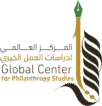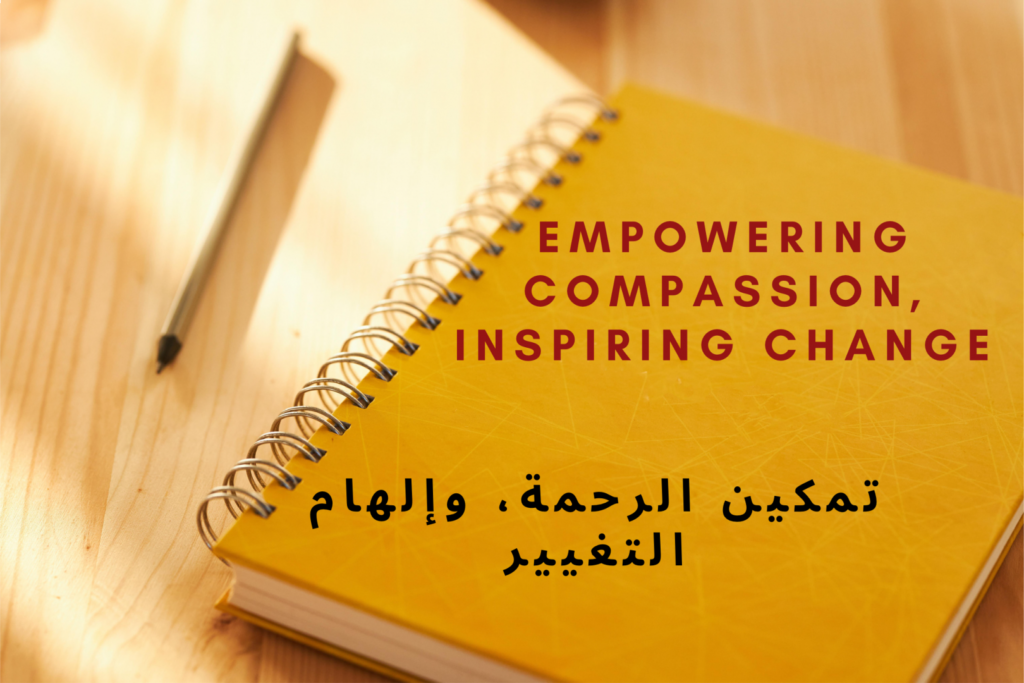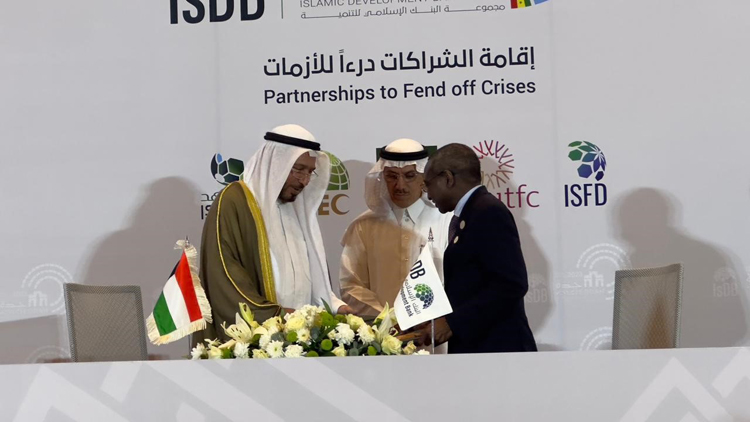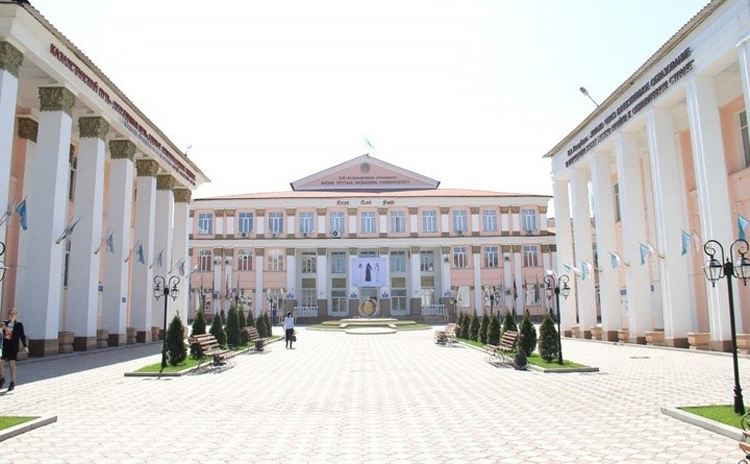As part of its humanitarian interventions in support of the education sector in Yemen, Al-Najah School was opened in Taiz Governorate, after being resorted and rehabilitated, with funding from the IICO and in cooperation with the Springs of Good Charity Foundation.
The school provides an appropriate and stimulating learning environment through the attendance of 700 students, 32 teachers, and 10 administrators in all stages of the educational process. It aims at reducing student dropouts and providing the community with an educated generation that contributes to building and developing society.
Furthermore, the restoration project includes (6) classrooms, school administration, a library, toilets, a women’s workshop, and stairs, in addition to a number of school corridors and yards, and the supply and installation of double chairs and whiteboards, within three school buildings, containing 21 classrooms.
The project has a significant impact on providing a suitable educational environment for students, enhancing psychological and moral support that helps them complete their academic stages, and increasing the percentage of students to learn at school by 60% compared to the previous year, due to the improvement in the educational environment.
The project intersects with the IICO’s strategic objectives, which seek to increase the number of students acquiring education and knowledge and being active in their communities.
In order to ensure the sustainability of the school and the growth of its educational role, the Yemeni people of the region and the local authority formed a community committee to supervise the school and preserve its property by educating the community about its importance. As well as inviting parents to participate in maintenance work when needed, with the aim to maximize the educational role of the school, since it is the only comprehensive school for all education stages.
Al-Najah School is located in one of the villages of Al-Mawasit District in Taiz Governorate, and it serves three villages (Al-Manawed, Al-Damina, and Hujra). These areas are characterized by high population density and include large numbers of students in need of education whose parents are keen to complete their education, as the nearest school to this area is 5 kilometers away.
In this context, local officials and leaders in the Ministry of Education in Taiz Governorate praised the IICO’s humanitarian efforts, thanking the State of Kuwait, both the leadership and people, for their continuous humanitarian support to the Yemeni people.
Furthermore, the IICO continues to launch many developmental, productive, educational, healthcare, and construction projects in Yemen in cooperation with a set of Yemeni humanitarian organizations active in the field of humanitarian and development work.
According to the United Nations, Yemen suffers the worst and largest humanitarian crisis in the world due to the protracted armed conflict, as about 23.7 million people need humanitarian assistance, including about 13 million children.
After 8 years of conflict, Yemen’s national social and economic systems remain on the verge of the abyss; as the conflict, large-scale displacement, and recurrent climatic shocks make families vulnerable to the spread of infectious diseases.
By the end of 2022, more than 17.8 million people, including 9.2 million children, have no access to safe water, sanitation, and hygiene. The country still suffers back-to-back outbreaks of cholera, measles, diphtheria, and other vaccine-preventable diseases.




